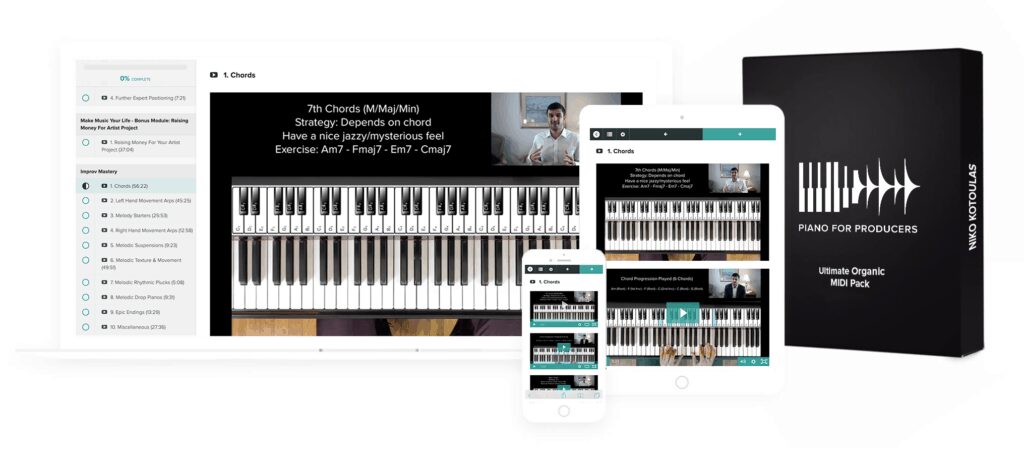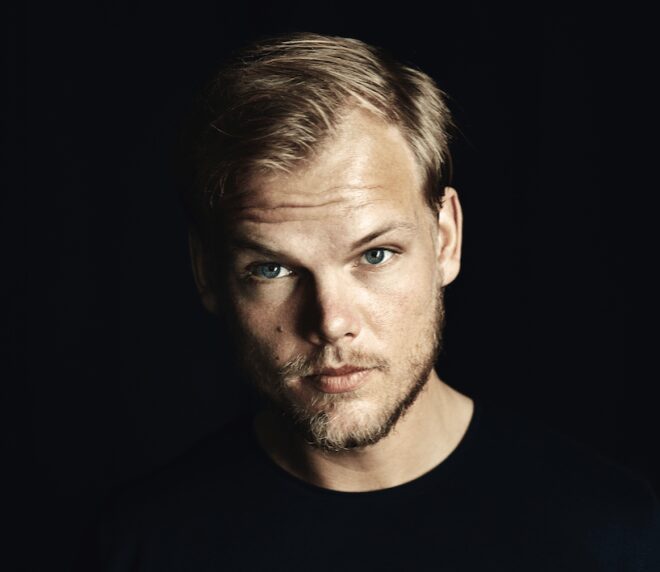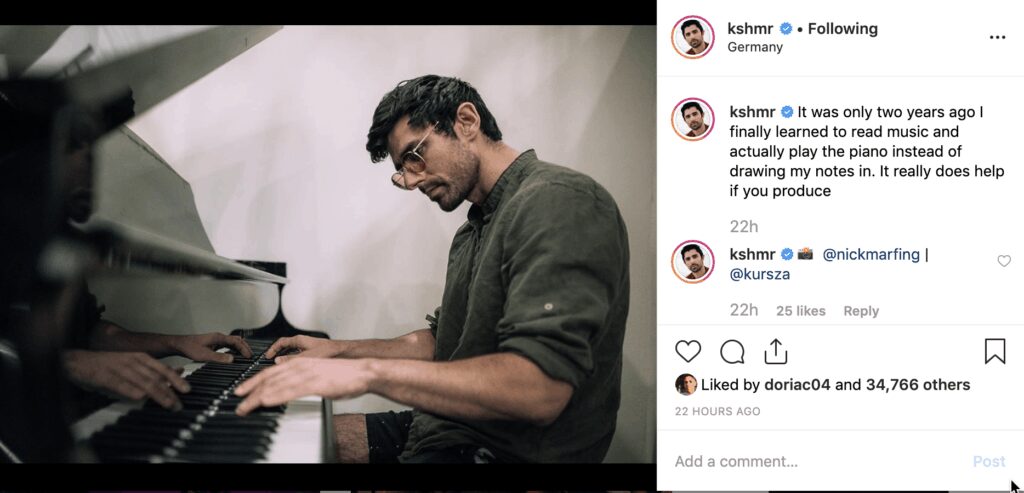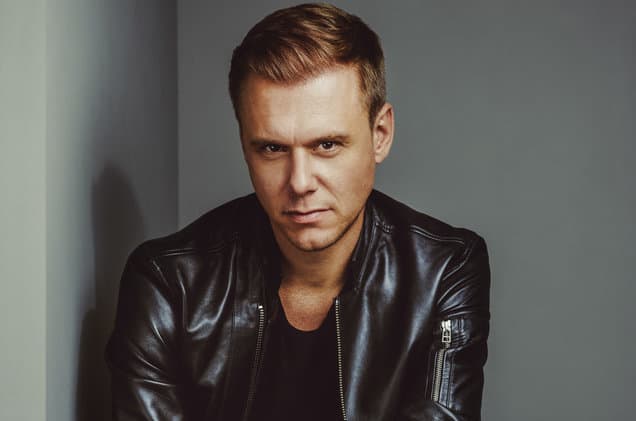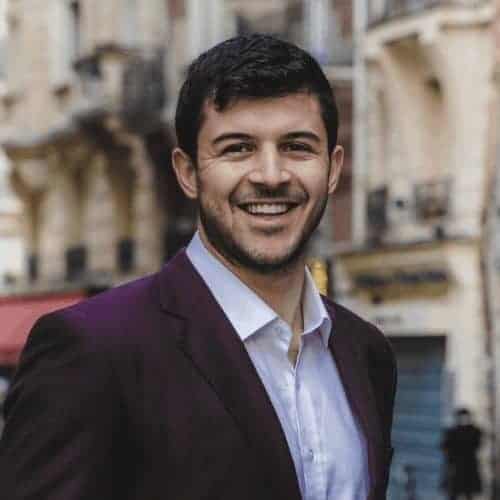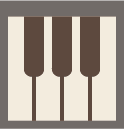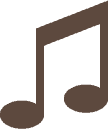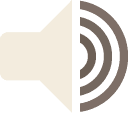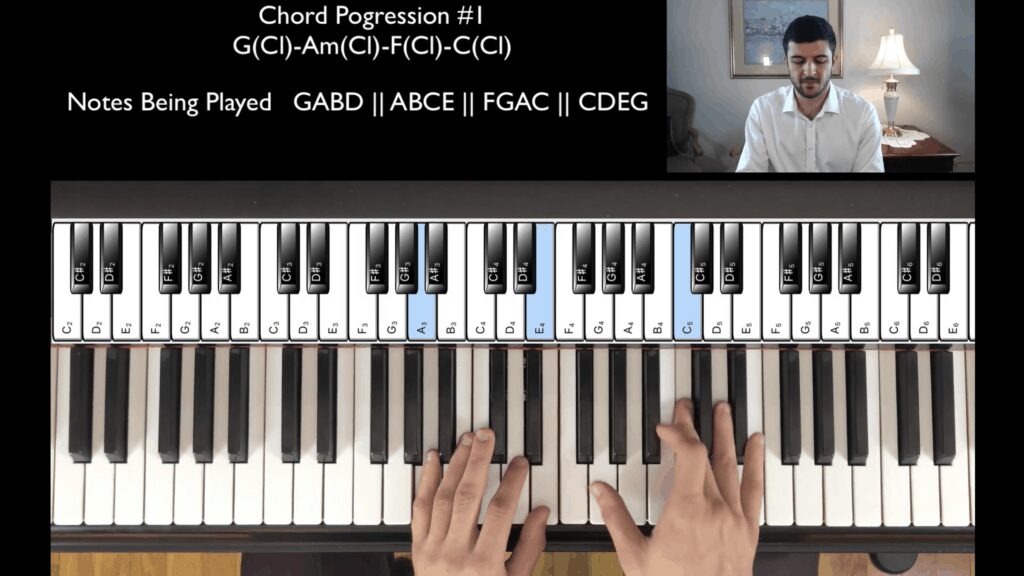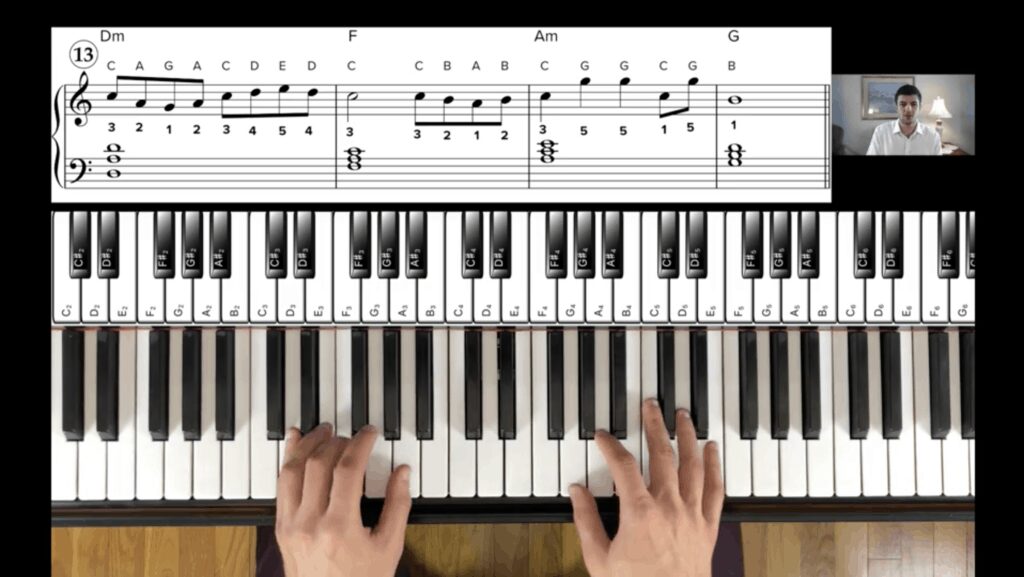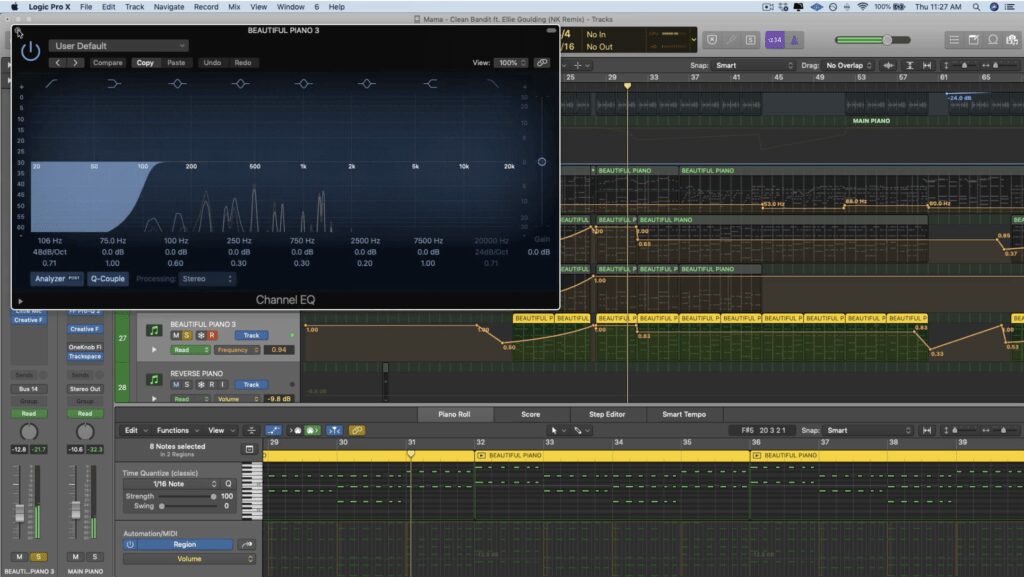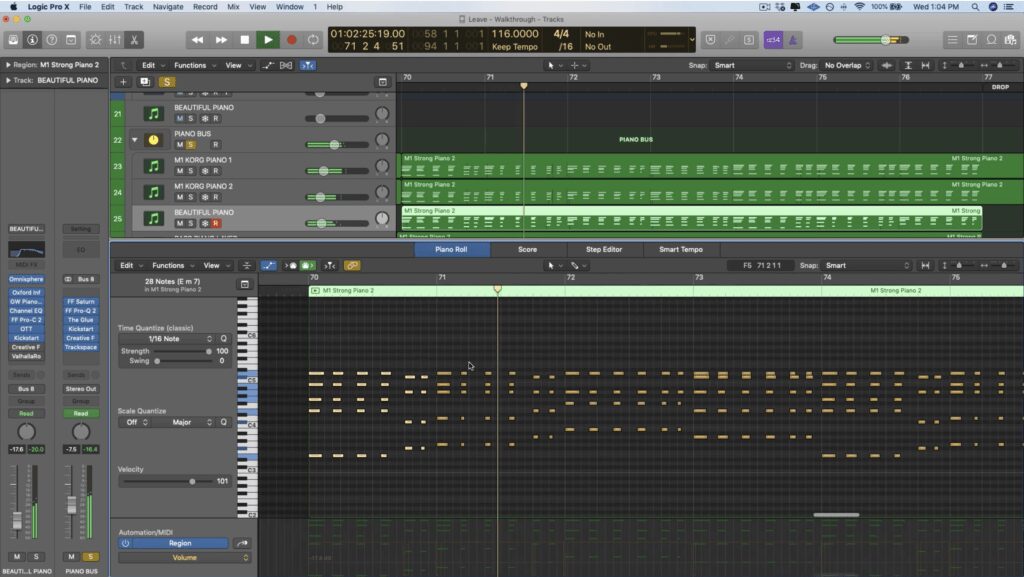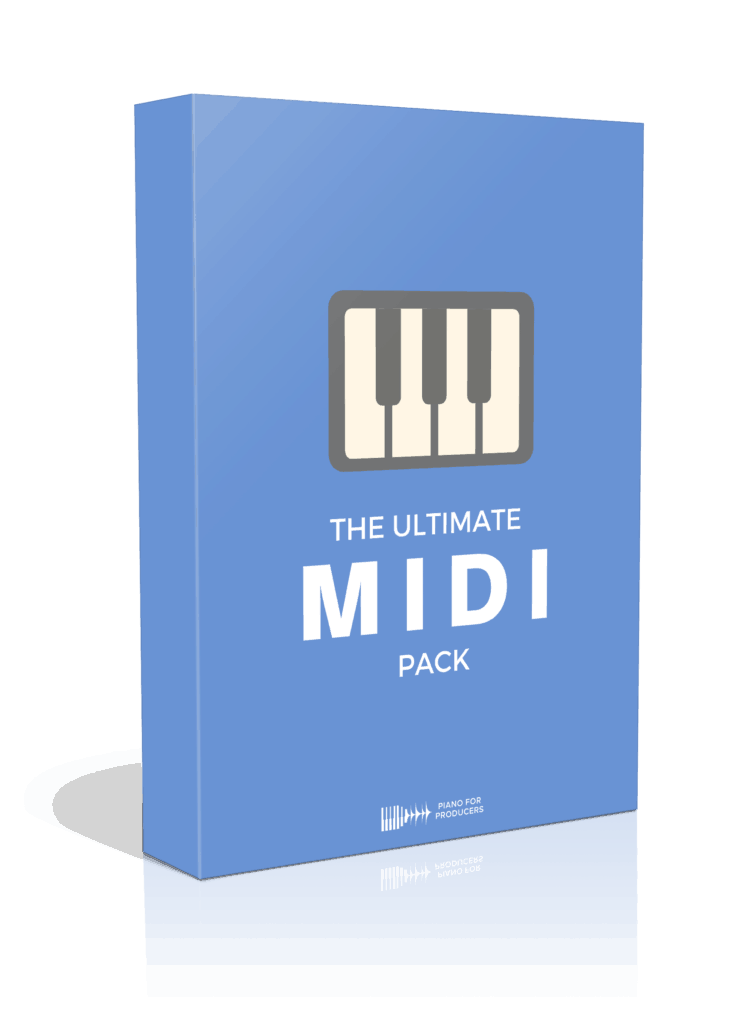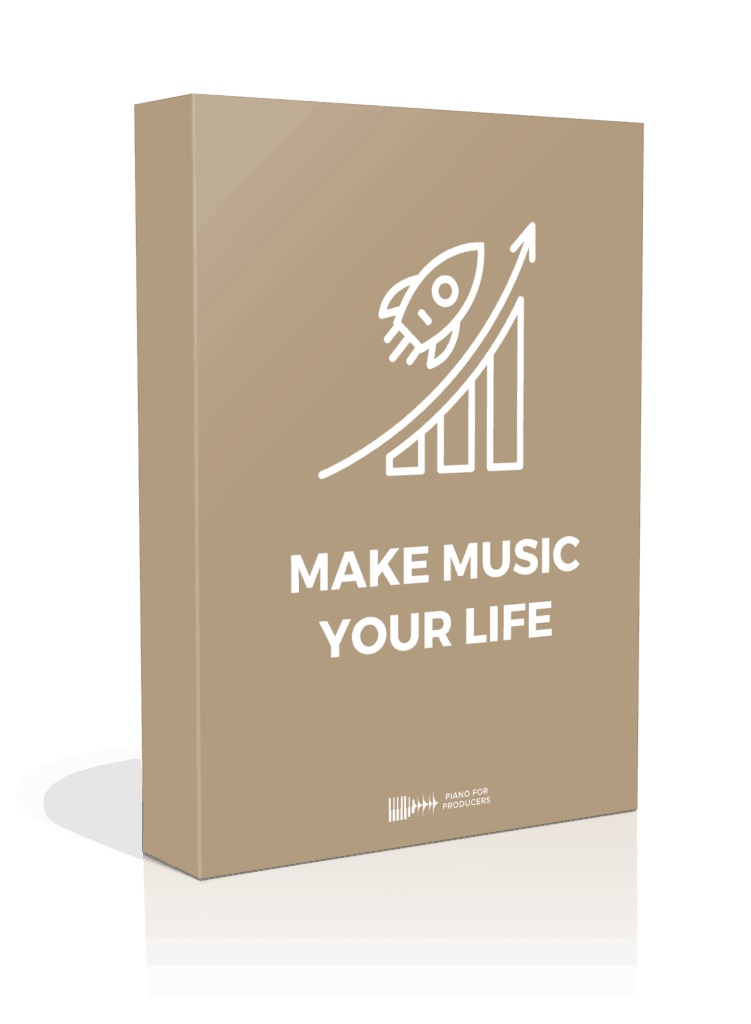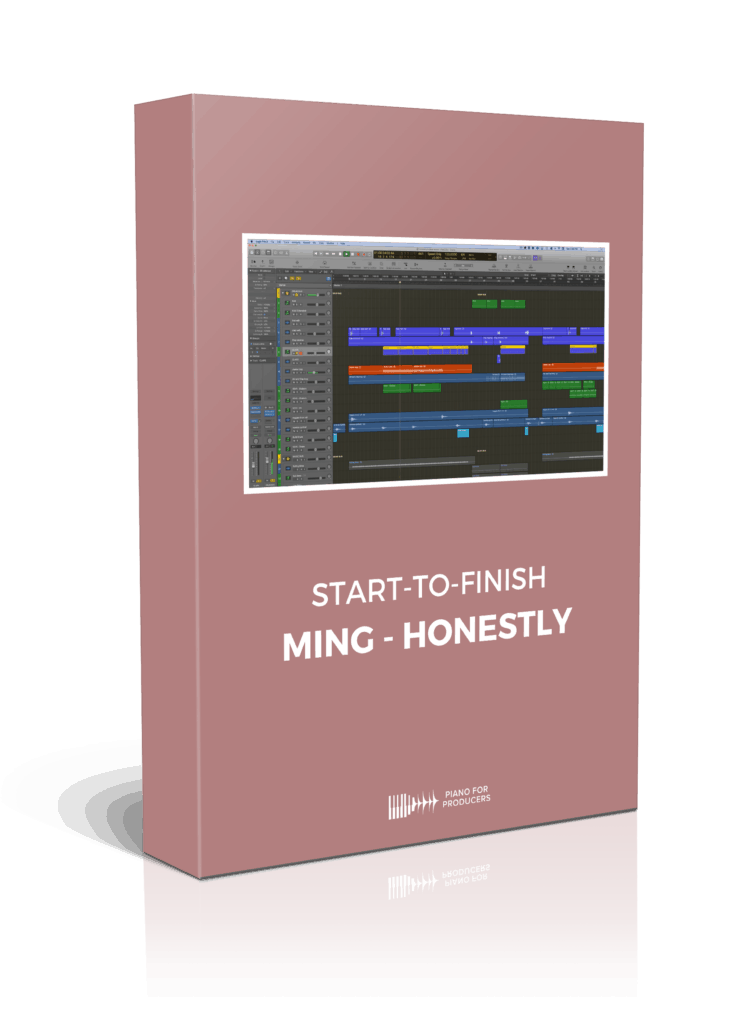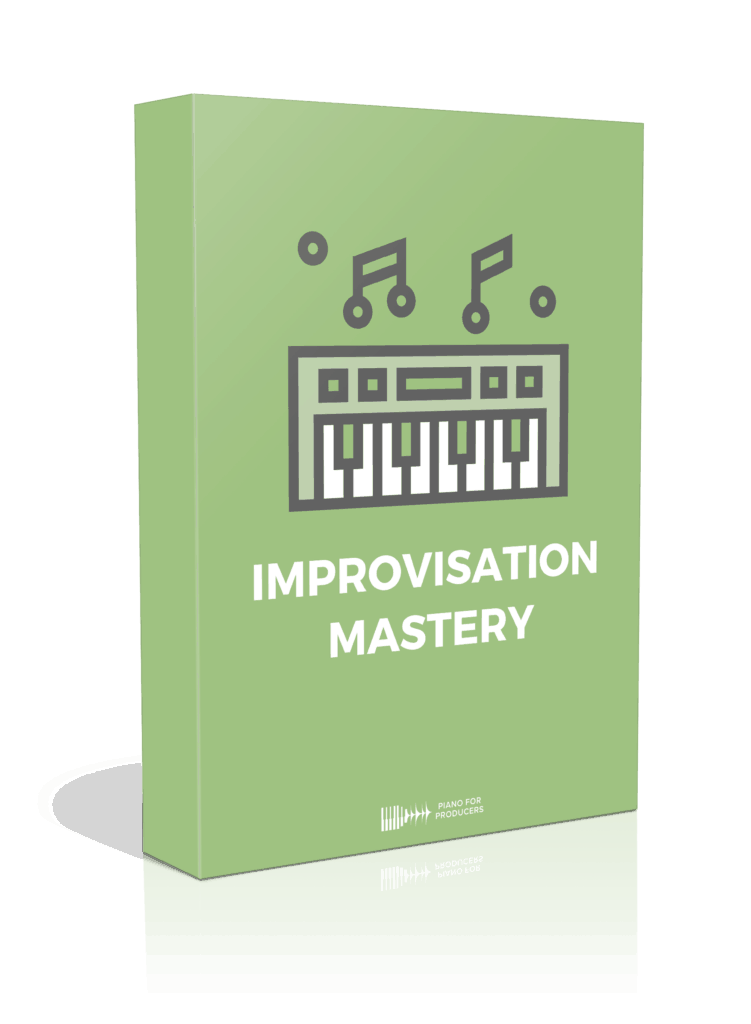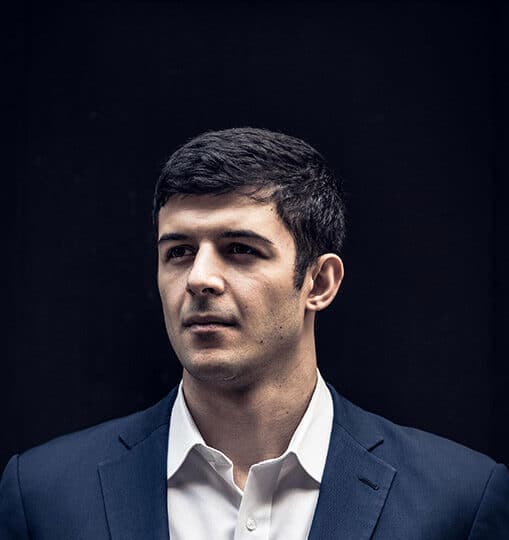Got questions?
This program is for all types of music producers. Whether you produce electronic pop, trance, future bass, or dubstep—the skills and techniques that I’ll teach you can still be applied.
Nope. This is a piano course! While the Piano & Production module in the course is taught in Ableton, the concepts are generalized and can be applied in any DAW.
Any 88-key piano, keyboard or MIDI keyboard will do the job. If you have a MIDI keyboard, you can still get a ton from this course (but we recommend 49 keys minimum).
While we recommend taking this course in less than 90 days, Piano For Producers is a completely self-paced course, meaning you can go through it at your own pace.
You also have lifetime access. You can enroll today and start 6 months from now if that suits you better.
Great! Feel free to use the chatbox to the bottom right of the page, or email us (niko@pianoforproducers.com)

